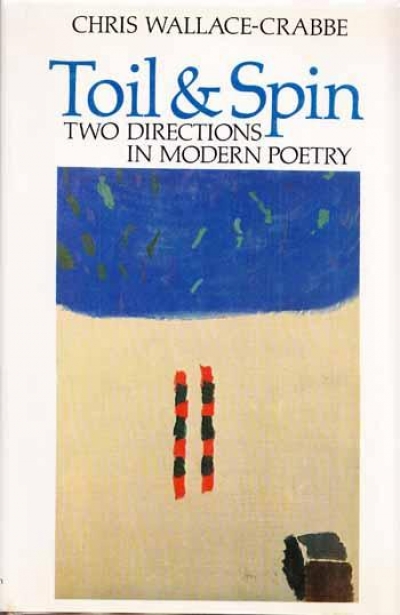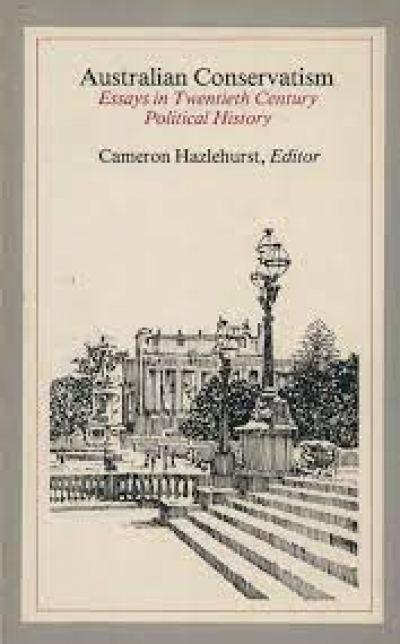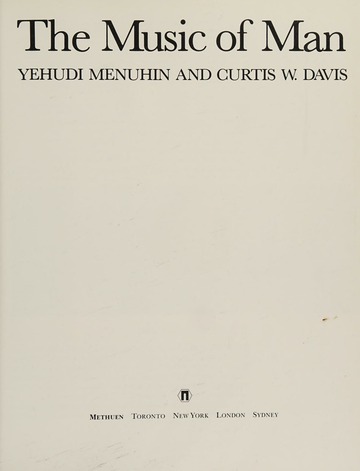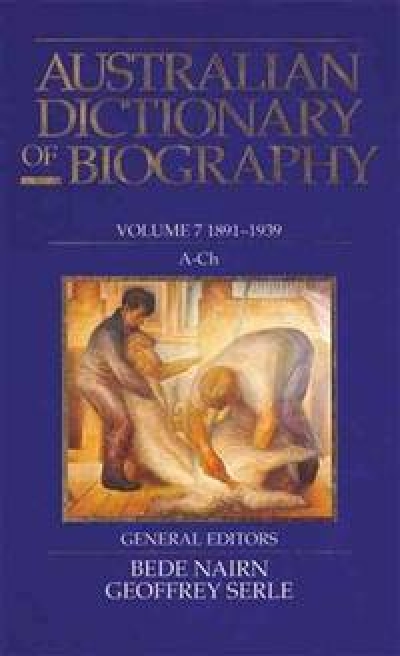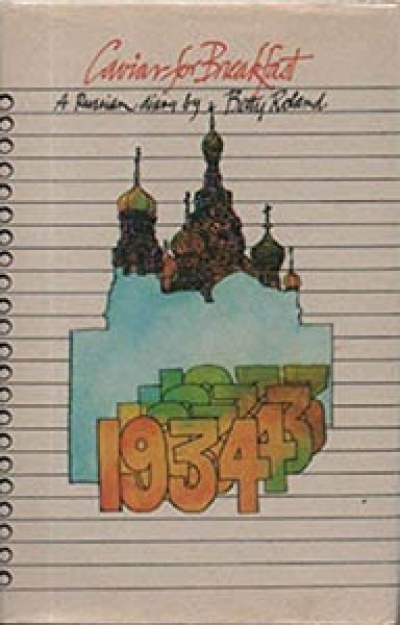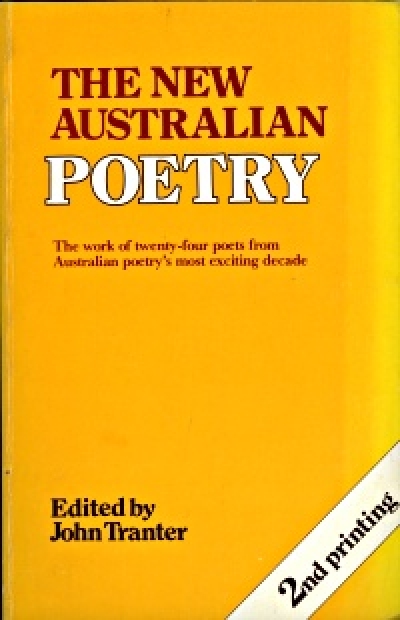Archive
Toil and Spin: Two directions in modern poetry by Chris Wallace-Crabbe
by John McLaren •
Australian Conservatism edited by Cameron Hazelhurst & The Deep North by Deane Wells
by Dan O'Neill •
The Music of Man by Yehudi Menuhin and Curtis W. Davis & The Picnic and Suchlike Pandemonium by Gerald Durrell
by Geoffrey Radcliffe •
The Australian Dictionary of Biography Vol 7 1891–1939, A–Ch edited by Bede Nairn and Geoffrey Serle
by Don Watson •
The Deadly Element: The Men and Women behind the Story of Uranium by Lennard Bickel
by John Hepworth •
Dear Sir,
I have not so far seen a review of what I take to be a new series of Australian poets of whom only Henry Kendall and Adam Lindsay Gordon have yet appeared. The publisher (Australian Heritage Books, Brisbane) is aiming to produce a cheap paperback, retailing at $2.
... (read more)It may seem callous at a time when so much human life is being wasted to spare any concern for the destruction and dissipation of the archaeological collection in the National Museum at Kabul. Yet the loss in both cases is irreplaceable, and it may even be that the loss of the artefacts is, in the long run, qualitatively more important than the loss of individual human lives.
... (read more)
